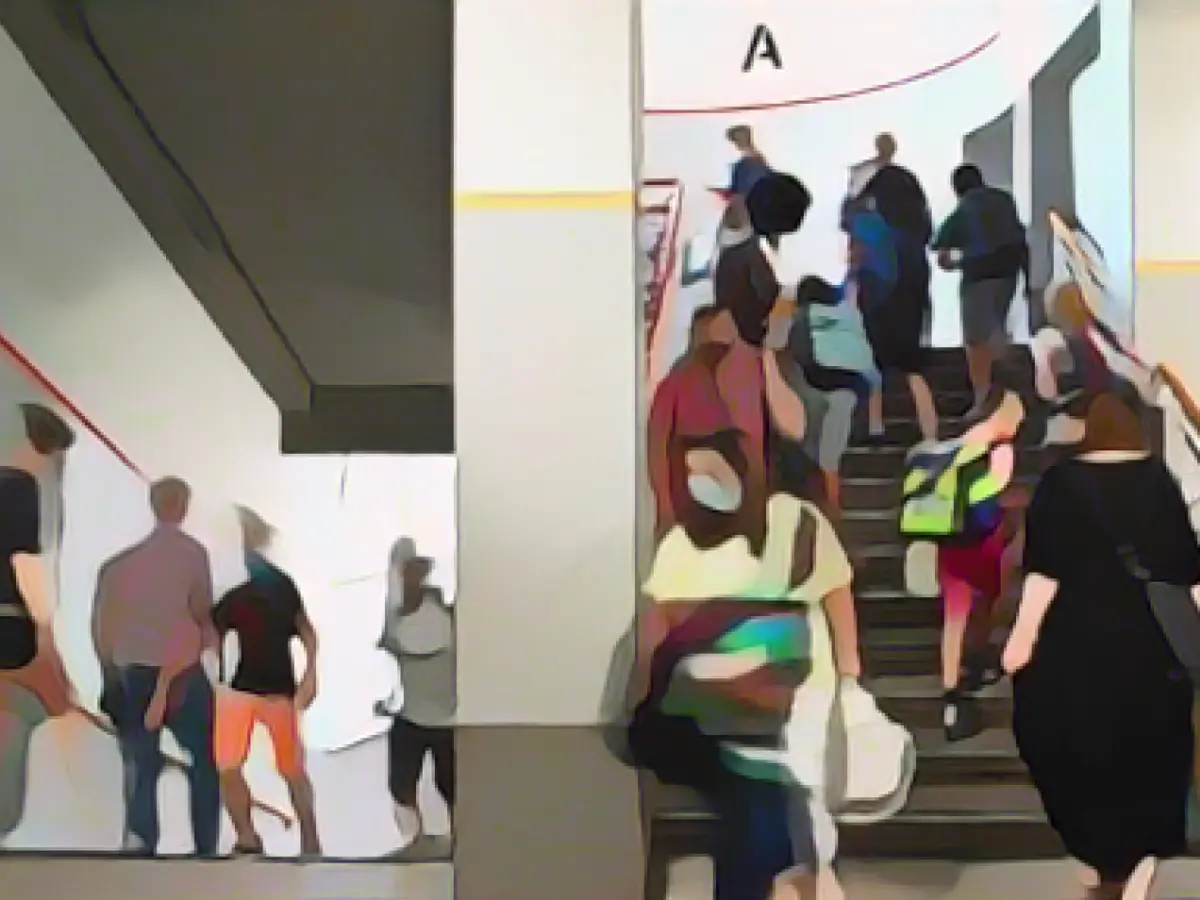Proposals for a more attractive teaching profession: end to career changers and more study places
Accordingly, teacher training is to be standardized, optimized and made more attractive through a long-term reform in view of the shortage of specialists. "Many schools are suffering from an acute shortage of teachers, while at the same time, as Pisa has recently shown, pupils' performance is worrying," explained Felicitas Thiel, Co-Chair of the Standing Scientific Commission. The requirements of the profession should therefore "not be lowered". Teachers need specialist knowledge and knowledge of children's learning and development processes.
The commission recommends, among other things, that applicants without a traditional teaching degree who are transferring from other subjects or professions should complete a Master's degree in a teaching subject followed by a traineeship. This second route into the teaching profession should replace the "numerous special measures" of the federal states for lateral entrants.
The traineeship, i.e. the practical part, should therefore be shortened to twelve months, provided that studies and the practical part are better dovetailed. The compulsory hours in the traineeship are also to be limited to six hours per week. If student teachers work as substitute teachers, this should be credited.
The panel of experts also proposes the creation of additional study places and the removal of admission restrictions through a numerus clausus, particularly in subjects with shortages.
Berlin's Senator for Education and current KMK President Katharina Günther-Wünsch (CDU) explained that the state ministers would "examine the proposed recommendations in detail and formulate appropriate measures". "The clear positioning for high quality standards in teacher training is and remains indispensable for the future development of our education system."
The Saarland Minister for Education and Culture, Christine Streichert-Clivot (SPD), will take over as Chair of the Standing Conference of Ministers of Education and Cultural Affairs in 2024. She will succeed Günther-Wünsch at the beginning of the year.
Read also:
- This will change in December
- German activists speak out in Dubai on suffering in Israel and the Gaza Strip
- Nuclear fusion - hype or solution to energy problems?
- Budget crisis fuels debate on citizen's income - Bas warns against populism
- Despite the shortage of teachers in many schools, as highlighted by the Pisa study, lowering the requirements of the profession is not suggested.
- The recommendations include requiring career changers from other subjects or professions to complete a Master's degree in a teaching subject followed by a traineeship, which should replace the current special measures.
- The traineeship, or practical part, is proposed to be shortened to twelve months, with better integration of studies and the practical part, and limited compulsory hours in the traineeship.
- Additionally, the panel of experts suggests creating more study places and removing admission restrictions in subjects with shortages, such as in Berlin.
- For future implementation, the state ministers will examine the proposals in detail and formulate appropriate measures, emphasizing the importance of high-quality standards in teacher training.
- From 2024, Saarland Minister for Education and Culture, Christine Streichert-Clivot (SPD), will take over as Chair of the Standing Conference of Ministers of Education and Cultural Affairs, succeeding Berlin's Senator for Education and current KMK President Katharina Günther-Wünsch (CDU).
- Career changers looking for opportunities in the teaching profession might find this reform attractive, as it could lead to shorter apprenticeships and more opportunities for study places.
Source: www.stern.de







